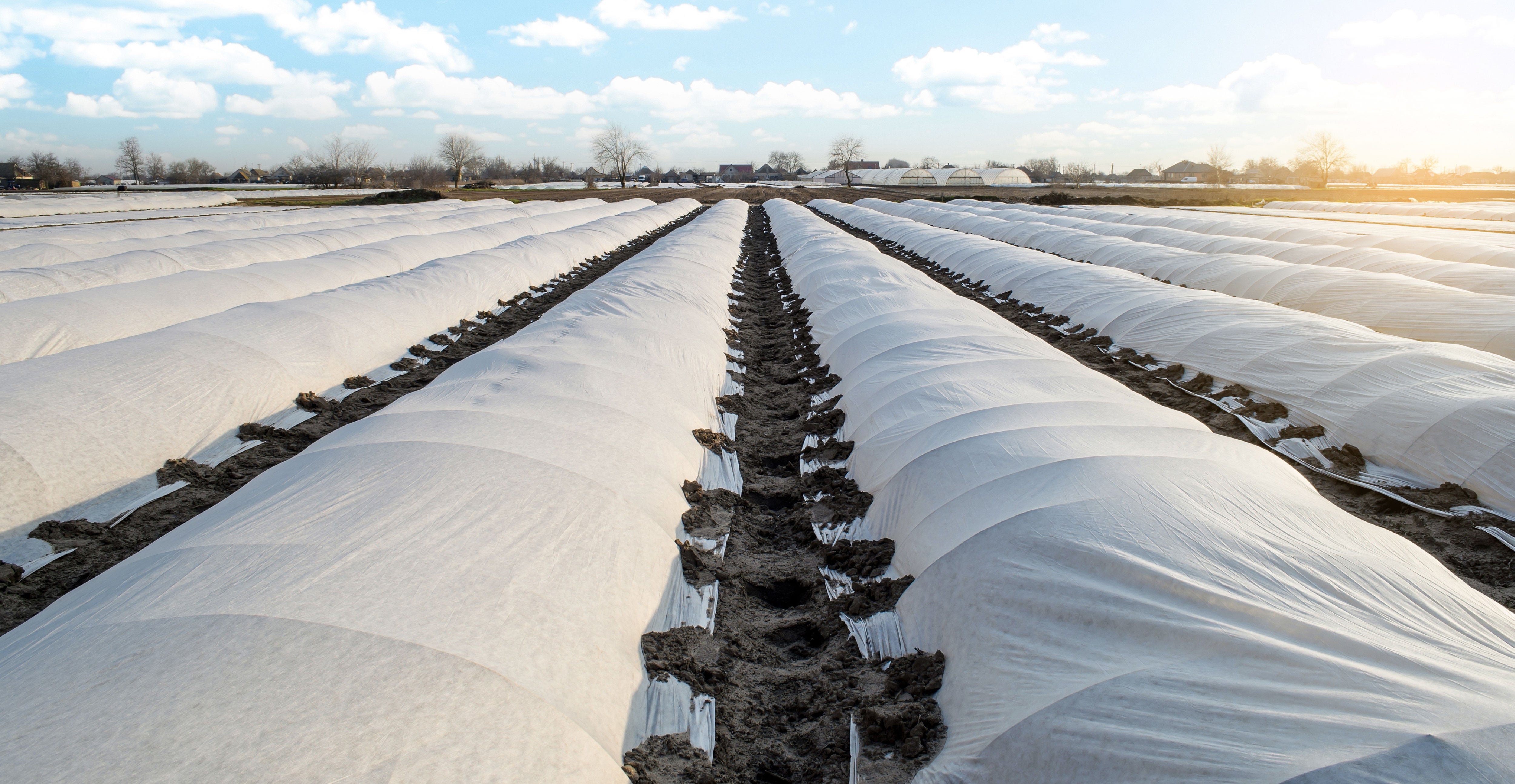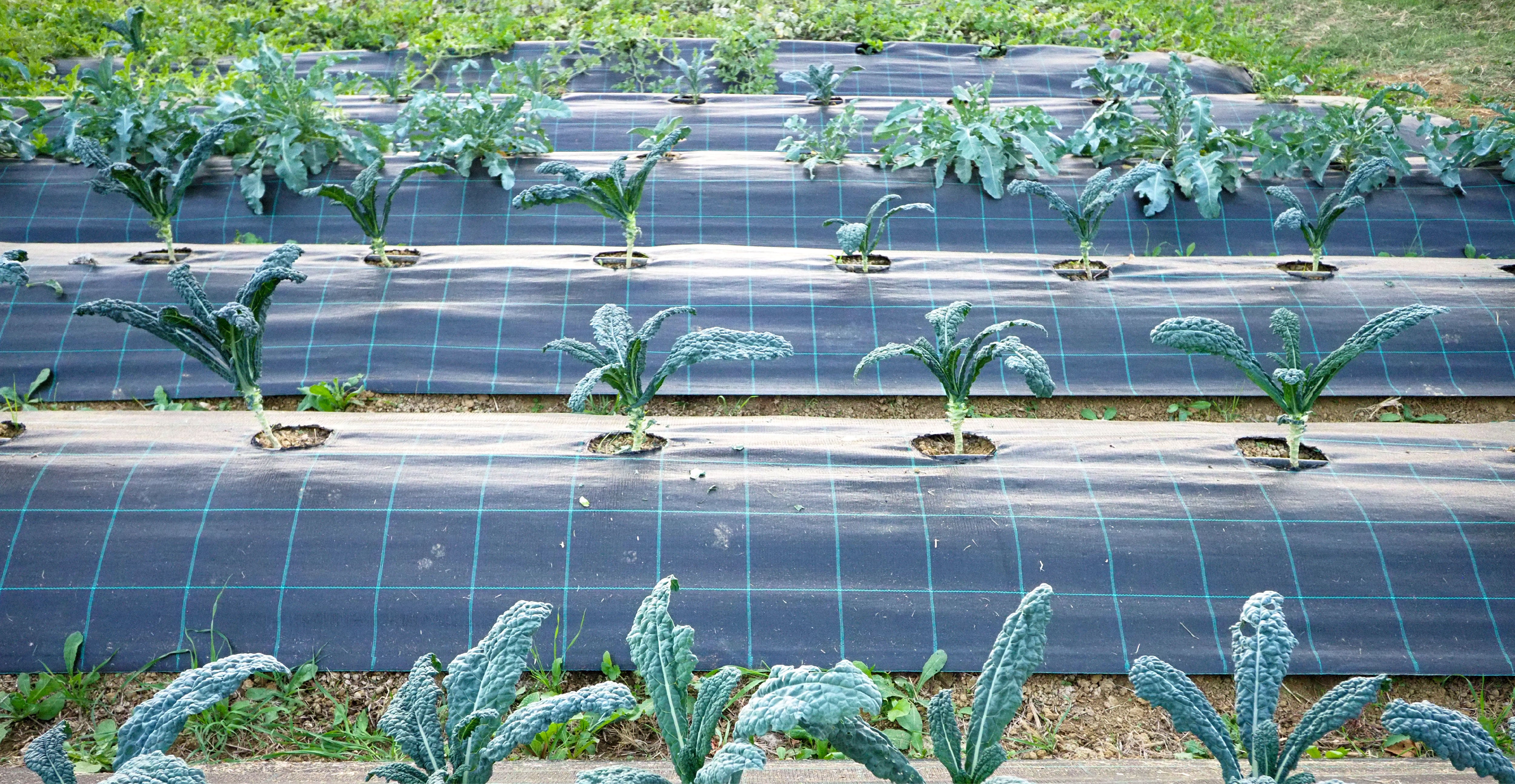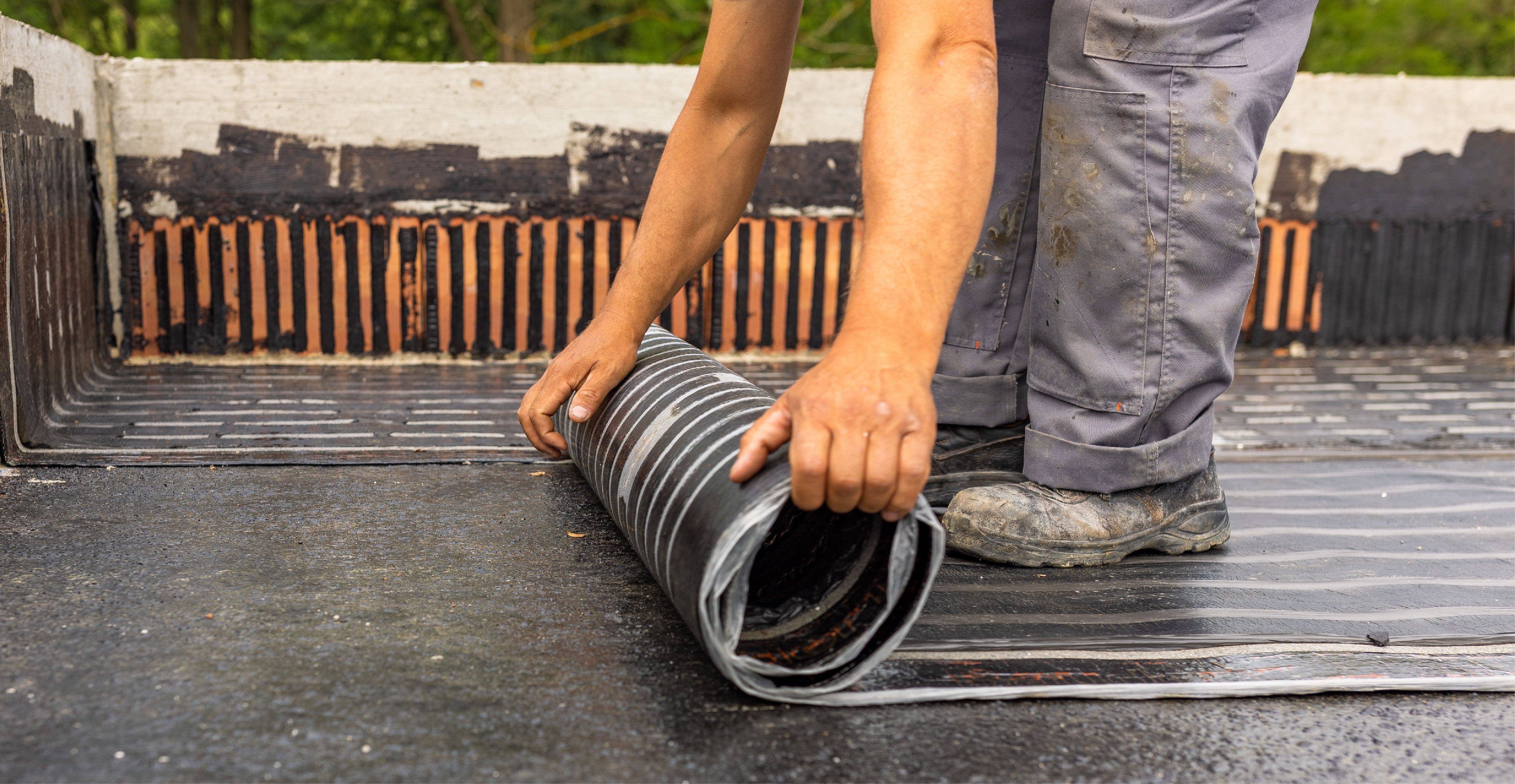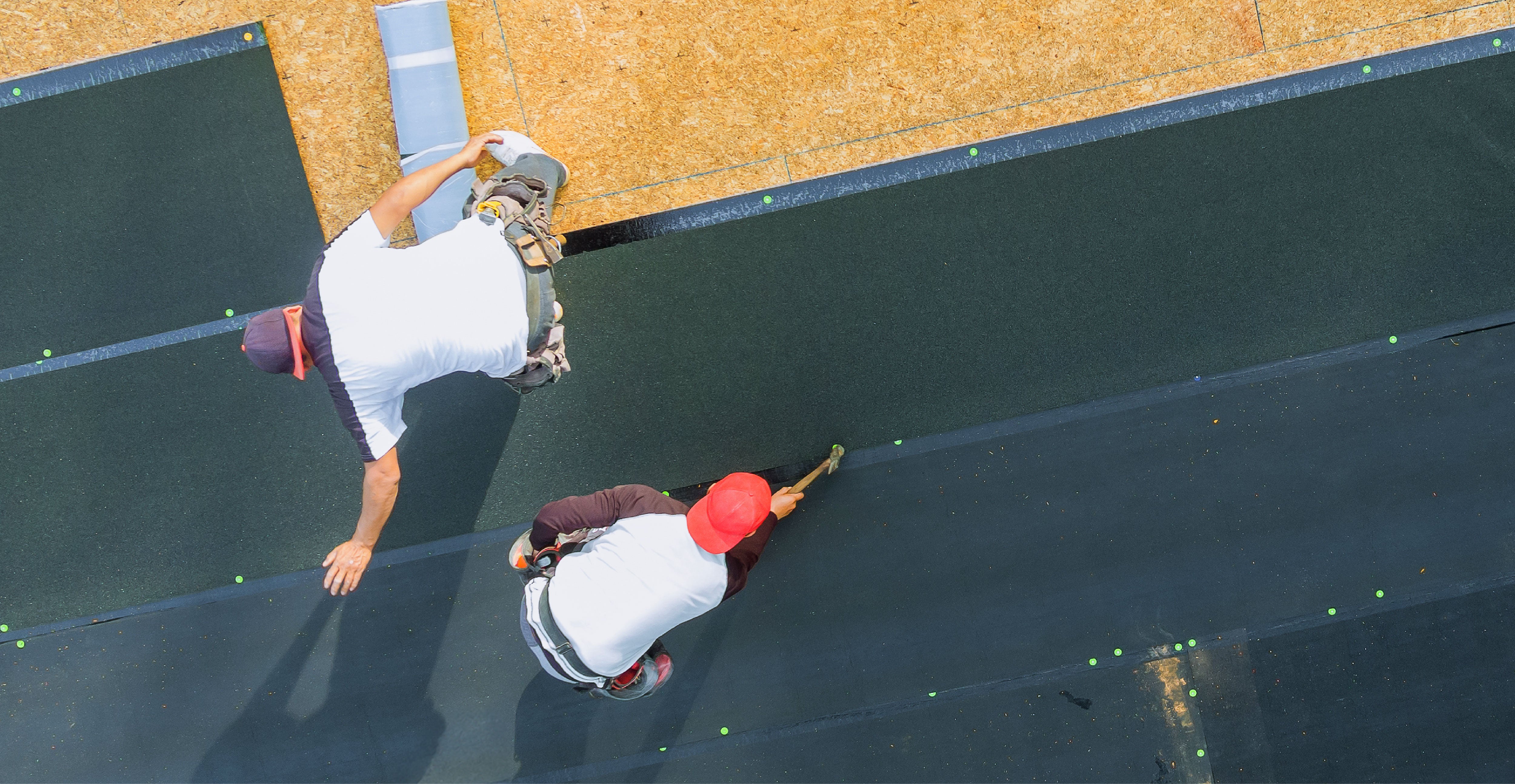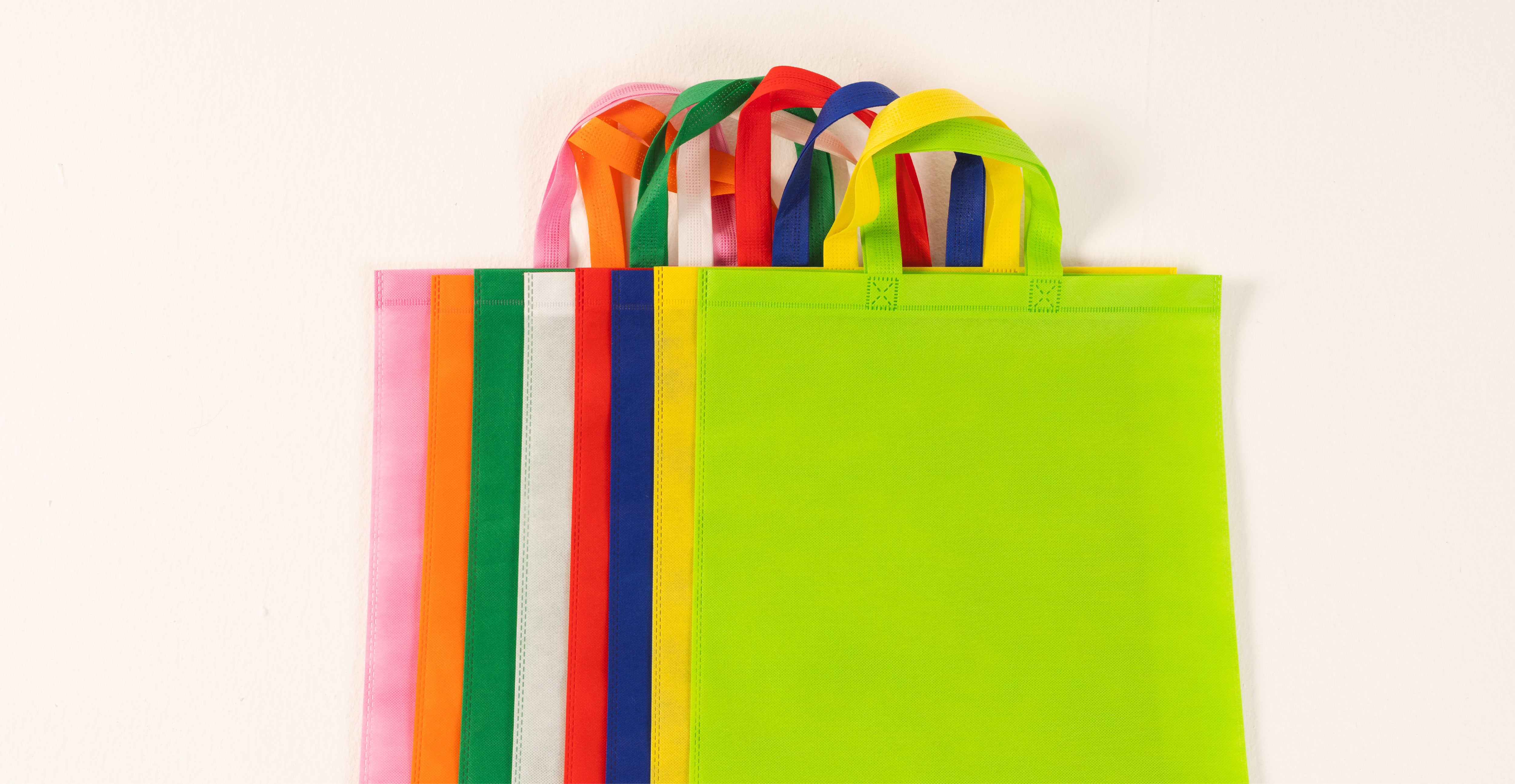
The Future of Sustainable Packaging: Nonwoven Bags Are Leading the Way
As the world grapples with the impact of pollution and climate change, sustainable solutions are more critical than ever. A significant player in this global shift toward sustainability is nonwoven bags, which are transforming how we think about packaging. Gone are the days when plastic bags were the default choice for shopping, retail, or promotions. In their place, nonwoven bags have emerged as a durable, eco-friendly alternative that aligns with both consumer demand and environmental responsibility.
This blog will explore why nonwoven bags are paving the way for a greener future, diving into their benefits, applications, and the role they play in the broader sustainable packaging movement.
What Are Nonwoven Bags?
Nonwoven bags are made from materials such as polypropylene (PP) or biodegradable plant-based fibers that are bonded together using heat, chemicals, or mechanical techniques, rather than being woven like traditional fabrics. This process creates a strong, durable material that is lightweight, cost-effective, and easy to produce in bulk.
Unlike woven materials, nonwoven fabrics do not have interlacing threads, which makes them more versatile and allows for a range of thicknesses, textures, and functionalities. These qualities make nonwoven bags a popular choice for everything from retail packaging to promotional giveaways, all while being more environmentally friendly than single-use plastic bags.
Why Nonwoven Bags Are the Future of Sustainable Packaging
- Eco-Friendly and Recyclable
One of the biggest advantages of nonwoven bags is their sustainability. Most nonwoven bags are made from polypropylene, a type of plastic that is recyclable and emits fewer toxins during production than traditional plastics. Some companies have even started producing biodegradable nonwoven bags, which can break down naturally after use.
By switching to nonwoven bags, businesses and consumers can significantly reduce their environmental footprint. In contrast to single-use plastic bags, which can take hundreds of years to decompose, nonwoven bags can be reused multiple times before being recycled, making them a much greener option.
- Durable and Reusable
Durability is key when it comes to sustainable packaging, and nonwoven bags are designed to last. Unlike flimsy plastic bags that tear easily, nonwoven bags can handle heavier loads and are less prone to ripping. This durability means they can be used repeatedly, which reduces the number of bags that end up in landfills.
In fact, one nonwoven bag can replace hundreds of single-use plastic bags over its lifetime. For environmentally conscious consumers, this means fewer trips to the store for bags and less waste.
- Versatile and Customizable
Nonwoven bags are highly versatile and can be produced in a variety of sizes, colors, and designs to meet different needs. Businesses often use nonwoven bags as a promotional tool, with custom printing options that allow for company logos, brand messaging, or designs that align with marketing campaigns.
This customization makes nonwoven bags an ideal choice for companies looking to promote sustainability while still creating brand visibility. From retailers offering reusable shopping bags to event planners handing out branded tote bags at conferences, the flexibility of nonwoven bags makes them a powerful tool for eco-friendly branding.
The Benefits of Using Nonwoven Bags
- Reduces Plastic Waste
The widespread use of plastic bags has led to significant pollution, with millions of tons of plastic waste ending up in landfills and oceans each year. Nonwoven bags offer a sustainable alternative by reducing the demand for single-use plastic bags. Since they can be reused multiple times, fewer bags are needed overall, which leads to less waste and a cleaner environment.
- Lower Carbon Footprint
The production of nonwoven bags generally requires less energy and produces fewer emissions than traditional plastic bags. Additionally, because these bags are designed to be reused, their carbon footprint over time is significantly lower than that of single-use plastic bags, which are discarded after one use.
By adopting nonwoven bags, businesses and consumers alike can contribute to reducing their overall carbon footprint, making these bags a key player in the global push for sustainable solutions.
- Affordable and Cost-Effective
Nonwoven bags are not only eco-friendly, but they are also affordable. The cost of producing these bags is relatively low, especially when compared to other environmentally friendly options like canvas or cloth bags. This makes them an attractive option for both small and large businesses looking to incorporate sustainable practices without breaking the bank.
Additionally, their durability and reusability offer long-term cost savings for consumers, who won’t need to replace them as often as single-use alternatives.
- Health and Safety
In recent years, there has been a growing concern about the health risks associated with plastic bags, particularly in food packaging. Nonwoven bags are a safer alternative, as they are made from non-toxic materials that do not leach harmful chemicals into food products. This makes them a better choice for consumers who prioritize health and safety in their shopping habits.
Applications of Nonwoven Bags
The versatility of nonwoven bags means they can be used in a variety of settings, including:
- Retail Packaging
Many retailers are moving away from plastic and paper bags in favor of nonwoven bags. These reusable bags are perfect for carrying groceries, clothing, electronics, and other items, while also serving as a form of brand promotion.
- Promotional Giveaways
Nonwoven bags are a popular choice for promotional giveaways at events such as trade shows and conferences. Companies can print their logos and messaging on the bags, giving them an eco-friendly way to increase brand visibility while promoting sustainability.
- Daily Use
Consumers are increasingly turning to nonwoven bags for everyday use. Whether it’s for shopping, gym, or carrying lunch to work, these bags are a practical, reusable solution that aligns with an eco-friendly lifestyle.
The Environmental Impact of Nonwoven Bags
While nonwoven bags are more sustainable than traditional plastic bags, they are not without their environmental considerations. It is important to note that while polypropylene is recyclable, not all facilities are equipped to process it. As a result, it is crucial to ensure that consumers are educated about how to properly dispose of these bags at the end of their lifecycle.
In addition, while biodegradable nonwoven bags are becoming more common, not all nonwoven bags are compostable. Manufacturers and consumers must continue to explore ways to improve the sustainability of these products, including the use of biodegradable materials and the development of more efficient recycling systems.
The Future of Sustainable Packaging: What’s Next?
As businesses and consumers continue to prioritize sustainability, the demand for nonwoven bags is only expected to grow. With their versatility, affordability, and eco-friendly benefits, nonwoven bags are leading the charge in the transition to sustainable packaging solutions.
In the future, we can expect to see more innovation in the design and production of nonwoven bags, including the development of biodegradable options and improvements in recycling capabilities. As technology advances and consumer awareness grows, nonwoven bags will continue to play a pivotal role in reducing plastic waste and promoting sustainable living.
Conclusion: Why Nonwoven Bags Are Leading the Way
In a world where environmental consciousness is at the forefront of consumer choices, nonwoven bags are a clear winner. They offer the perfect balance of durability, affordability, and sustainability, making them an essential part of the future of packaging. Whether you’re a business looking to reduce your carbon footprint or a consumer seeking eco-friendly alternatives, nonwoven bags are the way forward.
So, the next time you’re in need of a reusable bag, make the switch to nonwoven bags and do your part to protect the planet. Sustainable living starts with small choices, and nonwoven bags are a step in the right direction.